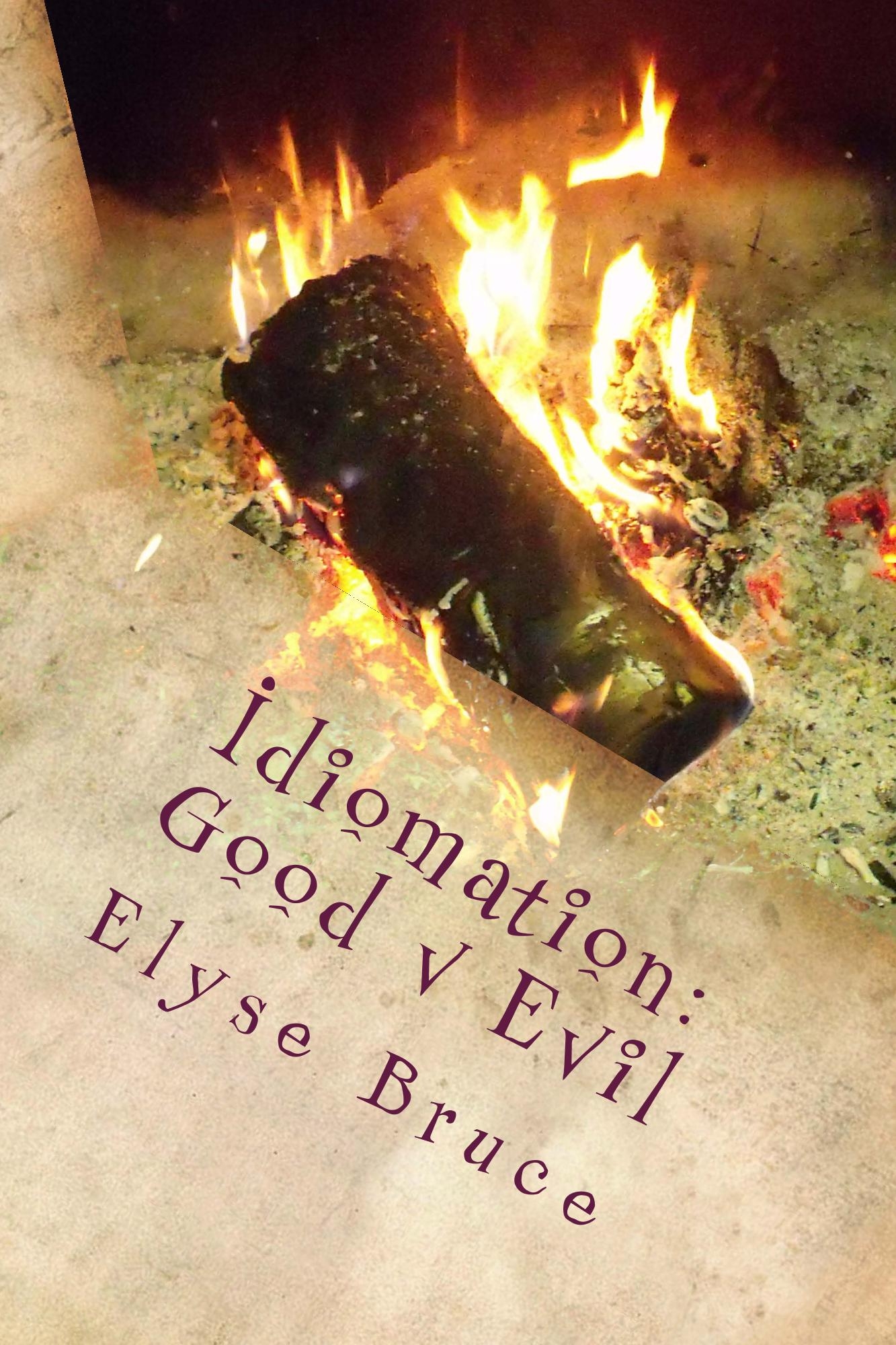Beat About The Bush
Posted by Admin on August 2, 2011
When you hear someone say, “Don’t beat around the bush” they want the other person to cut to the chase and say exactly what he means to say. This usually happens when at least one person involved in the conversation would rather avoid talking about a difficult or embarrassing subject rather than address it directly.
Avoiding the awkward play on words between the phrase and former Presidents George H. W. Bush and his son, George W. Bush — and there were plenty such references in the media over the decades — Idiomation found the phrase used as part of a news headline in the March 28, 1940 edition of the Spokane Daily Chronicle. The article spoke about the Cromwell incident in Canada and the Surits affair in Paris, and how diplomats appear to sometimes be too forward and direct with their comments, running the risk of offending those with whom they are speaking.
They Didn’t Beat About The Bush
On November 13, 1905 the Boston Evening Transcript published a news story entitled, “More Southern Revolt Against Disfranchisement” dealing with Georgia which has stayed out of the disfranchisement movement while maintaining “white supremacy.” The article reported on comments made by Hoke Smith, former secretary of the interior in the second Cleveland administration.
Mr. Smith has the candor of his convictions. He says he is “in favor of passing a State law to disfranchise the Negro.” He does not beat about the bush; nor is he affected by the consideration that the Constitution of the United States stands in the way of his project with its prohibition of the denial and abridgment of the right to vote “on account of race, color or previous condition of servitude.” Perhaps he thinks that the Constitution does not interest the Georgians.
In Chapter 19 of Mark Twain‘s book, “A Connecticut Yankee in King Arthur’s Court” published in 1889, this comment is made by Hank Morgan, a 19th century resident of Hartford, CT who, after being rendered unconscious by a blow to the head, wakes up to find himself in medieval England. He undertakes an adventure with a girl named Sandy and as they travel, he says at one point:
“There’s no use in beating about the bush and trying to get around it that way, Sandy, it’s SO, just as I say. I KNOW it’s so. And, moreover, when you come right down to the bedrock, knight-errantry is WORSE than pork; for whatever happens, the pork’s left, and so somebody’s benefited anyway; but when the market breaks, in a knight-errantry whirl, and every knight in the pool passes in his checks, what have you got for assets? Just a rubbish-pile of battered corpses and a barrel or two of busted hardware. Can you call THOSE assets? Give me pork, every time. Am I right?”
In Chapter 7 of Charles Dicken‘s book, “The Old Curiosity Shop” published in 1840, this comment is made to Dick Swiveller about a young lady by the name of Nell Trent.
“The girl has strong affections, and brought up as she has been, may, at her age, be easily influenced and persuaded. If I take her in hand, I will be bound by a very little coaxing and threatening to bend her to my will. Not to beat about the bush (for the advantages of the scheme would take a week to tell) what’s to prevent your marrying her?”
The expression has its origins in the hunting days of medieval times. Noblemen would routinely employ young men to do the dangerous work of flushing animals out of the undergrowth so the nobleman could make his kill. The best way of accomplishing this was for the young men to go into the bushes with a wooden board and stick to make noise. The noise would hopefully frighten the animal out of the bushes and in the direction of the waiting nobleman.
Of course, this wasn’t always the best option as sometimes animals such as wild boar would become dangerous and charge in the direction of the noise. This made young men reluctant to enter areas of dense undergrowth in case they happened to disturb a wild boar. To circumvent this danger while still appearing to the noblemen to be doing their jobs, the young men would sometimes literally beat around the bush. The problem with this was that while they were basically doing the job they were to do, they were avoiding the main point of the activity altogether.
This activity and the phrase are attested to in the works of George Gascoigne (1535 – 1577) published in a poem from 1572 that reads in part:
brother Trsjiiti eke, that gemme of gentle deedes.
To thinke bowe he abused was, alas my heart it bleedes:
He bet about the bushe, whiles other caught the birds …
“Generydes: A Romance in Seven-line Stanzas” a medieval poem published in 1440 has this to say about the practice of beating the bushes in order to flush out birds while also alluding to things less literal:
Euer wayteng whanne the lavender shuld bryng
That she promysed att hir departeng.
Butt as it hath be sayde full long agoo,
Some bete the bussh and some the byrdes take,
And wheder that I be on of thoo or noo,
I me reporte onto the letterys blake
And reasons wish it may not be forsake
He that entendith villany of shame
it is no synne to quyte hym with the same.
That the expression is found in a poem from 1440 indicates that the phrase was a common phrase used by everyday people and one can guess that the phrase dates back at least one generation to approximately the 1410s.


Leave a comment